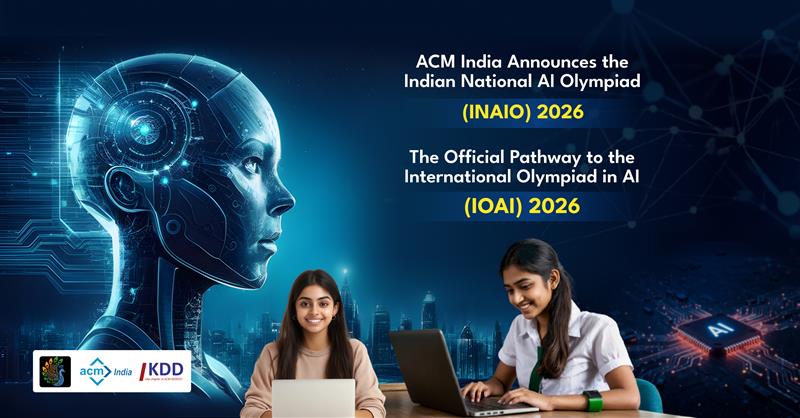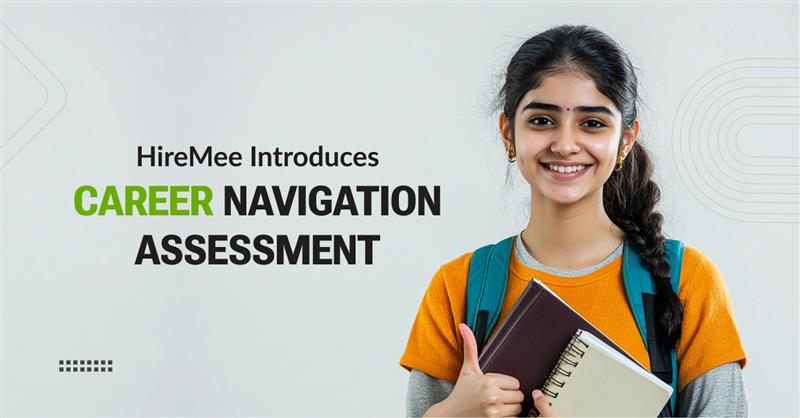Covid-19: An Opportunity To Re-Engineer Technical Education System
Long before the Covid-19 lockdown began, many digitally savvy engineering institutions had with great forethought migrated their classes online. In many of them, not a single class got disrupted as faculty members without missing a beat began engaging with students on platforms like a blackboard, lecture capture system, and Microsoft Teams instead of the physical classroom.
At our own institution, schedules were posted on the learning management software platform Blackboard and online learning facilitated through Moodle and lecture capturing systems. The Blackboard content was updated by the faculty periodically to ensure that the learning outcomes were met. Assignments, Mini Projects, Quizzes, and online internal assessments were conducted at appropriate intervals with faculty intervention.
Forward-thinking educational institutes have been changing their learning delivery systems as well as a curriculum to meet the needs of a constantly connected world.
A year into the Covid-19, we have an opportunity not only to improve our healthcare delivery system but to re-engineer the entire engineering education system. I have had an opportunity to re-think the future of engineering education with the leadership team at the colleges that I am associated with.
As the campuses re-opened their doors to students, there is a wealth of experiences and insights that I gained from my interactions. The students prefer to learn theory online. And for practicals, their preference is for in-person laboratory sessions. We need to marry our experience of delivering online education.
The students say the world of learning at home has taught them to ‘think independently' -- a critical trait that needs to be instilled rapidly as the ‘world of work’ braces itself to work in ‘nuclear offices’ – whether at the home, office or even in staycations. Engineers of tomorrow trained to think independently would easily adapt to work in a nuclear environment like a hand in glove.
Having undergone remote internship, digital placement tests, and interviews the final year students can gauge for themselves gaps in the application of their learning, the critical technologies they needed to master during internships.
The faculty have to morph from a ‘sage on the stage’ to ‘a guide on the side’ in the days to come. They now have to help students to fire up their ambitions to delve into a world of discovery and create solutions that provide momentum to Industry 4.0.
Faculty and cognition experts will have to integrate a variety of known and emerging approaches to enhance the effectiveness of Technology-based learning so that the two distinct worlds of education delivery--bricks and clicks—make learning fun, engaging, and lively.
By adopting secure AI-enabled remote testing platforms, the faculty have more time at hand to engage with the industry than ever before.
For India’s grossly under-penetrated education system, the pandemic now presents a once-in-a-lifetime opportunity to overcome the twin issues of shortage of trained qualified teachers as well as the shortage of institutions imparting world-class education. By following a bricks and clicks strategy India can double the number of students to be enrolled and trained. This move will help grow the gross enrolment ratio that India has set an ambitious target to achieve.
India needs to prepare itself for a world beyond computers and IT. Having conquered the world of IT services for the entire world India now needs to focus its energy on converting itself into a massive global manufacturing base.
This is the only way we can feed jobs to millions of people. Although we are headed towards an Industry 4.0 world where IOT will be pervasive but somebody would still have to make machines. Every computer, every mobile needs core engineering. Without power, the world will not run. Without mechanical engineering, there are no machines.
This would help fulfill India’s vision of Make in India for the world mission and meet the ambitions of millions of aspiring Indians.
(The writer is founder, Vee Technologies and HireMee, and Vice Chairman of Sona Group, the Salem-based group of educational institutions)
News Link







